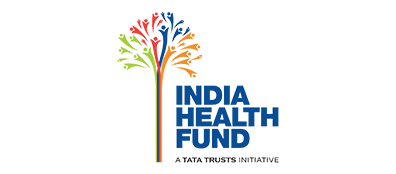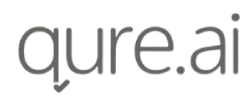

Digital technologies have become the drivers of increased productivity, economic growth, and innovation across sectors. The digitization of several sectors of the economy has led to a reduction in transaction costs, improved access to services across population segments and enabled the wider participation of these sectors and segments in economic activity. However, healthcare as a sector, has lagged when it comes to adoption of digital technologies. Challenges like limited resources and unequal coverage hinder disease management. With a projected global shortage of 10 million healthcare workers by 2030, digital innovations offer a solution to strengthen primary care delivery and data-driven decision support. India, with its diverse healthcare landscape, can benefit by leveraging digital tools for inclusive universal healthcare. WHO estimates a billion people could gain better healthcare access and protection through digital technologies. However, hurdles persist. Many digital health solutions don’t align with the needs of healthcare systems, leading to them not being adopted. Limited data access and funding hamper validation studies and evidence generation. Long validation timelines deter investors. Yet, the potential of digital tools in infectious and other diseases, especially at primary care, is significant. However, to harness this untapped potential of digital innovations, several challenges must be addressed. IHF’s work in digital health is focussing on design thinking and evidence generation including provider-defined use cases, solutions design, validation & evidence generation, community involvement & inclusion, investment cases, models for adoption and financing.

A cutting-edge, real-time digital tool to assess climate-sensitive health risks at high spatial and temporal resolution.

Artificial Intelligence-based detection, parasitic load calculation and species differentiation for faster and accurate diagnosis of malaria.

Using artificial intelligence to improve diagnosis of TB & COVID-19, and other lung ailments.

Product design, Internet of Things and cellular technology coming together to improve adherence to TB medication regimes, and enabling remote patient monitoring.

Non-invasive patient-friendly AI-led platform that can detect active TB cases in minutes on mobile phones by reading cough signatures.

A breakthrough tool using artificial intelligence and IoT for mosquito surveillance to improve vector control.
India Health Fund is registered as Confluence for Health Action and Transformation Foundation (CHATF), a Section 8
charitable company incorporated in India, supported by the Tata Trusts.